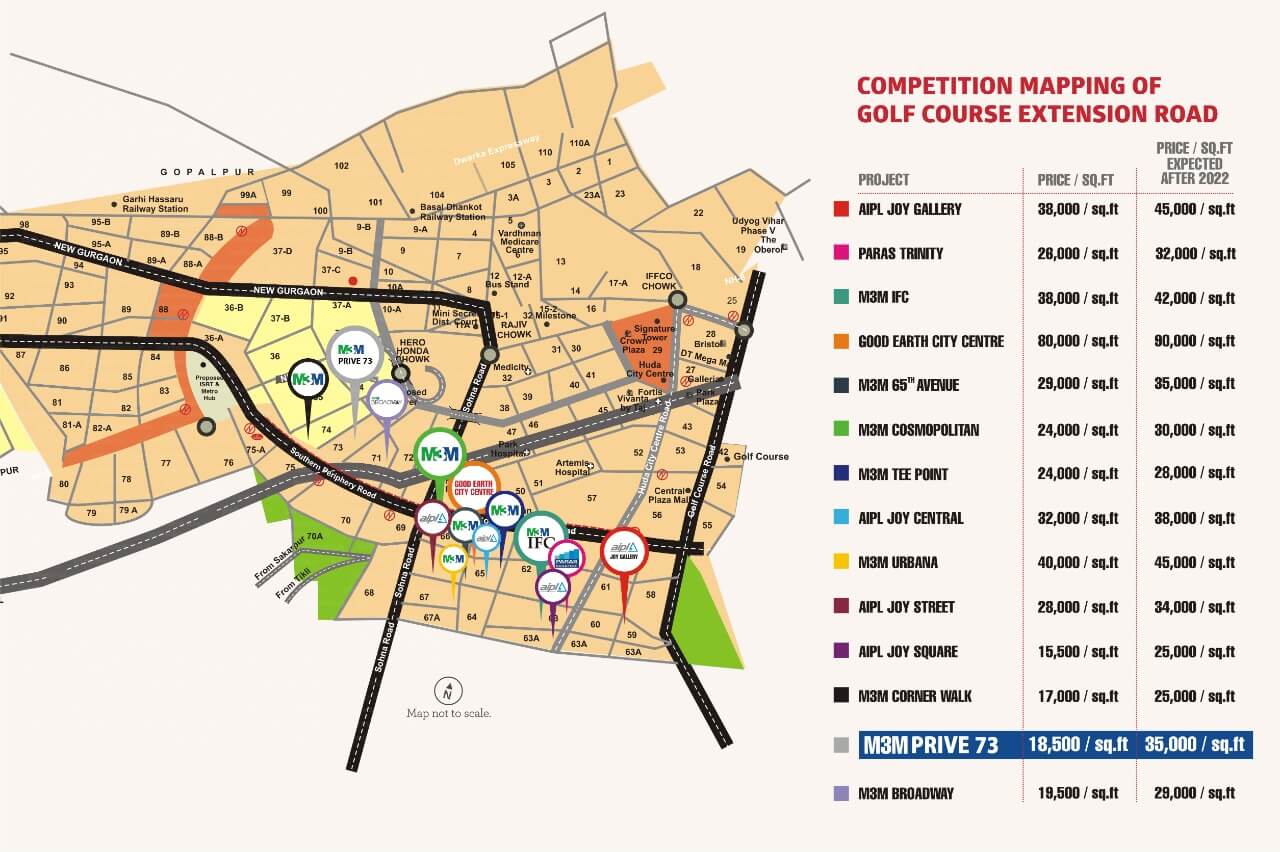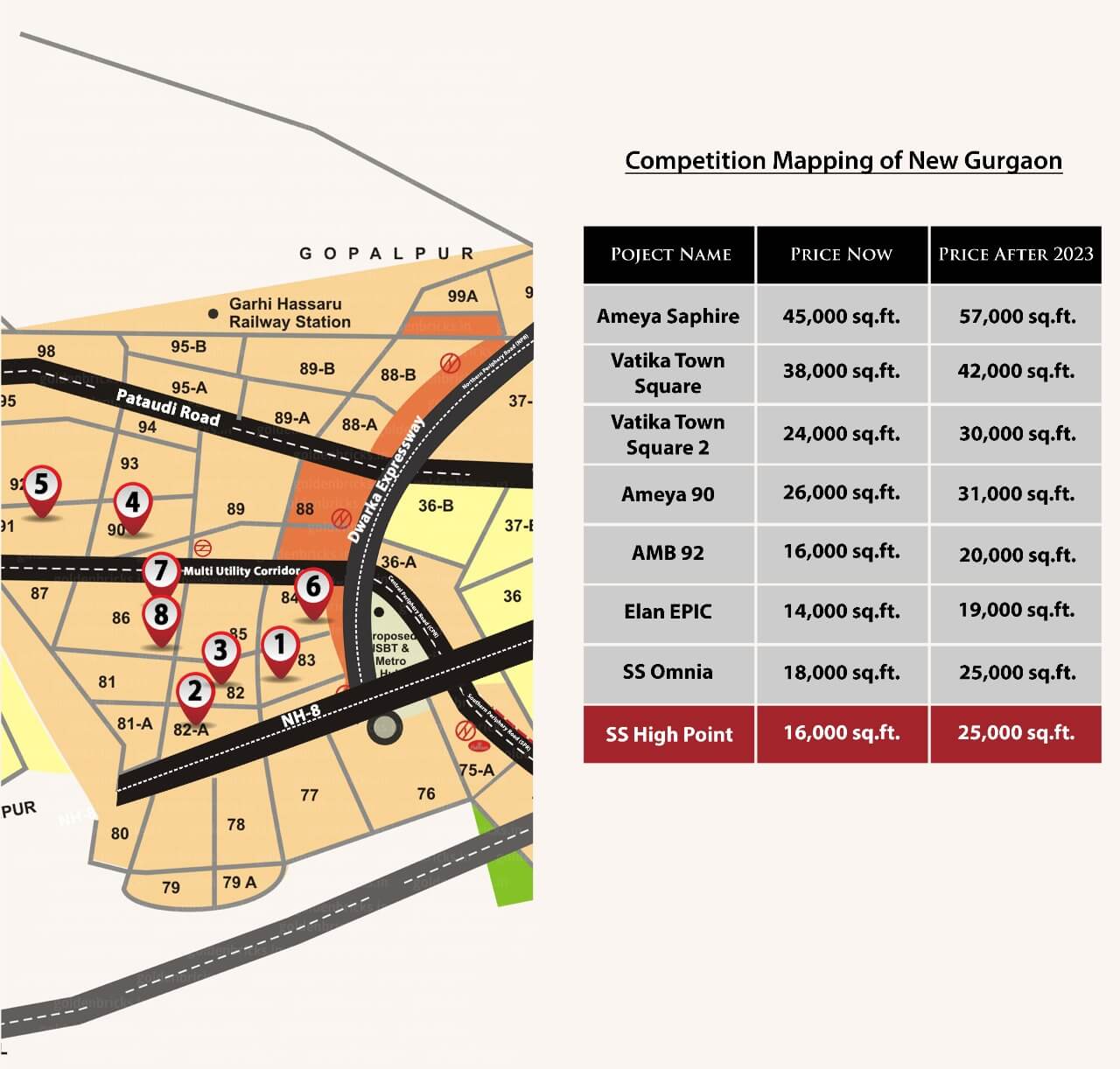Impact of GST on Real Estate Sector
The Goods and Services Tax came in the frame on 1st July 2017, and is seen as a reform in the previous taxation arrangements, proposed to untangle and simplify the system.
The Goods and Services Tax came in the frame on 1st July 2017, and is seen as a reform in the previous taxation arrangements, proposed to untangle and simplify the system.
This might come as a shock to you, but makes absolute commercial sense! Even though residential investments have been considered safe and income-generating for a long time now
Despite the cyclical ups and downs in the real estate market, the investment in real estate sector remains the best investment out of various other options including equity, gold, and other financial instruments.
Gone are the days when real estate projects were out of bounds for most of the people and only those with deep pockets were able to afford it.
Long term income generation is a goal for many. Thus, the instruments that favour this, come in picture. One of such instruments is income generating real estate assets!
As the country switches to GST from July 1, the new indirect tax regime will subsume nearly a dozen of central and state taxes, including excise duty, value-added tax (VAT) and service tax.
India is ranked fourth in developing Asia for FDI inflows as per the World Investment Report 2016 by the United Nations Conference for Trade and Development.
Demonetisation and real estate regulatory (RERA) have structurally changed the dynamics, says a Macquarie Capital Securities report. Demonetisation has especially hit demand hard.
Affordable housing scheme has helped realized the dreams of lakhs of people who had been toiling hard for years to buy their own house. The slowdown in the real estate market has also brightened the buyer’s faces.
Elegant farmhouses, koi ponds, equestrian facilities, themed event venues, beachfront gardens, and private golf courses – India’s uber-rich have always splurged on their lavish vacation homes.



